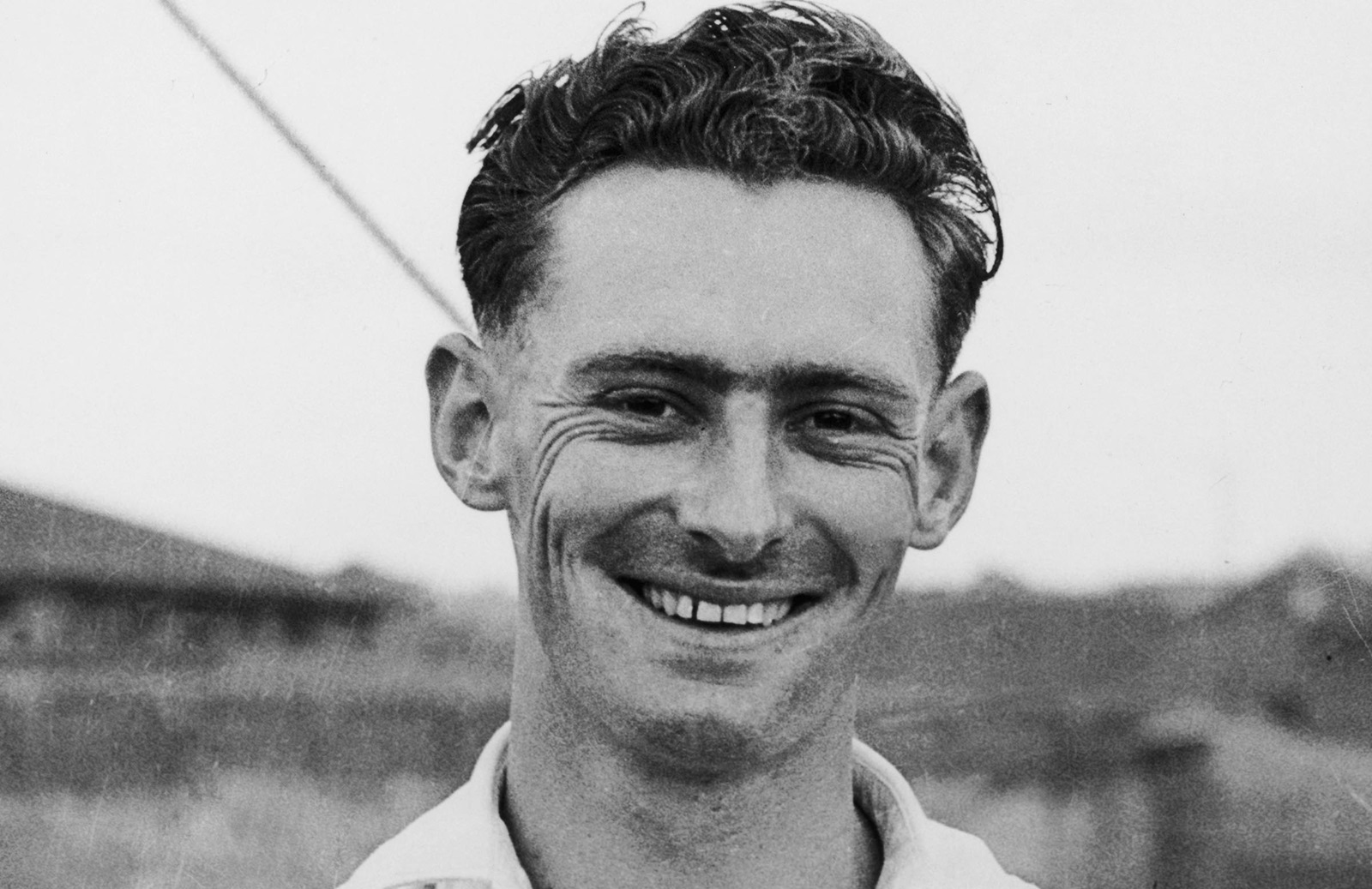“Outback Historian” Paul Roe on his childhood hero
“Greatness on the sporting field is wholly compatible with the highest standards of conduct and I can think of no finer example of these characteristics than Brian Booth.”
Sir Donald Bradman
When former Australian Test cricket captain Brian Booth died on May 2nd this year aged 89, some would say we lost our last gentleman cricketer. Larrikin commentator Kerry O’Keefe declared his former teammate, “a truly great human, with strong claims to captain ‘Australia’s Best Blokes Eleven!’”
Brian Booth was one of my heroes. When I was a ‘wanna-be’ boy cricketer, he was the friendly man who coached a bunch of us at a Sports Camp. I have a lasting memory of sitting in the stands at the SCG, marvelling at his elegant and forceful batting as a blue-capped New South Welshman in the Sheffield Shield.
Years later, I sat riveted opposite him in the 2WEB studio in Bourke as he told tales of being battered black and blue by legendary West Indian fast bowlers Wes Hall and Charlie Griffith on the way to a courageous century. For me, as a sport-tragic, that was the stuff of legend! What really heartened me was his next statement – ‘But those are scrapbook memories now. The moment when I decided to follow Jesus Christ has energised my whole life.’
I discovered it was more than raw talent and dedication that lifted the bush boy from a Bathurst veggie-patch practice pitch to tread the turf of the great cricket grounds of the world. He confessed that when he first hit Sydney grade cricket, sport was his world. But when he met Roy Gray, the chaplain’s authentic faith drew him to realise there was greater meaning to be found in Christianity. Until then, it had been a vague backdrop to his life.
Brian made the change to following Jesus with the wholeheartedness that characterised everything he did. There was no mere joining the club and glancing through the rules. He explained in his book Booth to Bat: “Now there was purpose and motive. I was playing for and communicating with my Captain. My life was welded into his team. From that time on, life became a continual Test Match!”
Brian saw batting as an art, where the bat became an extension of his senses and personality. To play with simplicity and purpose, taking calculated risks with zest, setting yourself to serve the team, entertaining the spectators, and, in particular, batting your team out of a tough spot – these were the joys of his life in top-class cricket.
He summed it up, “True artistry comes through making batting look easy – the smoothness and flow is attractive.” Commentators and fellow cricketers grew lyrical watching him in full flight.
“His batting possesses a blend of attraction and application that is not found in any but the great players of the game.” Lindsay Hassett.
“Booth simply caresses the ball away as if he is mindful of its feelings.” Ron Roberts.
“We don’t mind leather chasing when he played so charmingly.” Trevor Goddard, South African Captain.
When a cricket writer joked that Brian batted with ‘more grace than the Princess of Monaco’, he may have also been referring to his character. Grace became the hallmark that people commented on over his 70+ years involved in the game. He was noted for ‘walking’ when he knew he was out and for never forcing his ‘wowser’ values (not drinking, smoking, swearing or gambling) on others.
People admired his muscular Christianity and he was never regarded as a push-over. After a brave innings at Old Trafford in 1964, a journalist observed ‘Brian Booth again and again in his career has proved a one-man Salvation Army for Australia…He has always been one to practise what he preaches and is one of the foremost disciples of attacking batsmanship.’
Brian valued manly sportsmanship. In recent times it’s been fashionable to applaud on-field abuse, but as a lecturer at the Sydney Institute of Education, he spoke out strongly on sledging. He publicly shamed it as ‘misplaced gamesmanship’, ‘bad manners’ and ‘low brow psychology.’ Mentoring new generations of sportsmen and women, he urged a holistic approach to life that included spiritual fitness.
He was inspired to give Sunday worship his priority when representing Australia at the 1956 Olympics in hockey – his second love. Nursing the disappointment of not being chosen to play, his spirits were lifted reading the story of Scots runner Eric Liddell. The world 100-yard champion was expected to win the event at the 1924 Games but refused when he found it scheduled on the Sabbath. A fellow athlete who admired his courage offered his place in the 440 yards, having already won a medal. Just before the race, a competitor handed Eric a paper with God’s promise, “He that honours me I will honour,” written on it. He won in world record time.
That kind of fearless faith became the stamp of Brian’s life.
I reckon Brian Booth deserves a standing ovation as he carries his bat from the ground for the last time. There has been little publicity around the departure of one of Australia’s true sportsmen, but in a way that’s fitting. He wrote in his autobiography, “When I was dismissed, I left the field without drama…”
Image: Australian Cricket Captain Brian Booth Credit: Cricket Australia

